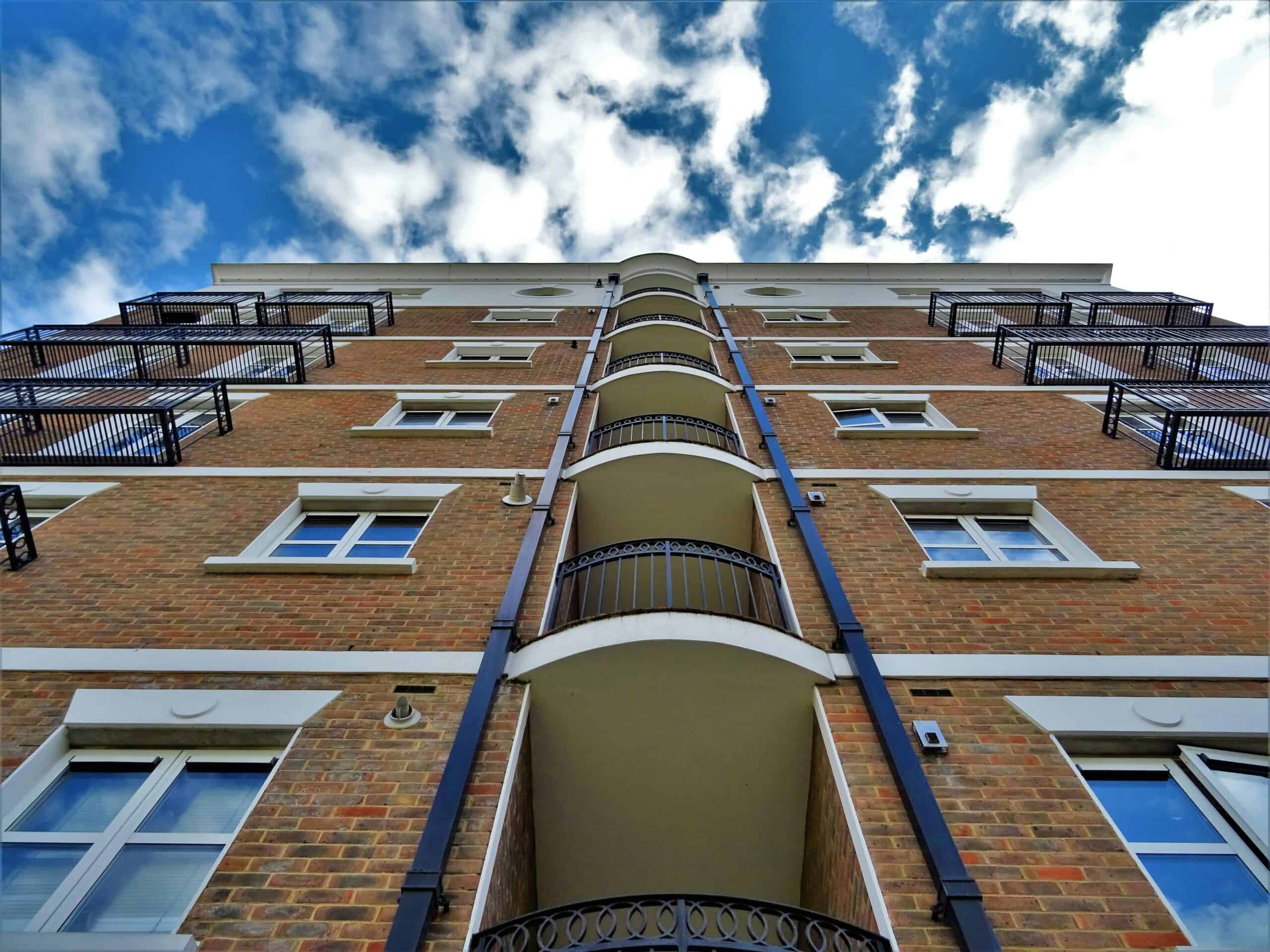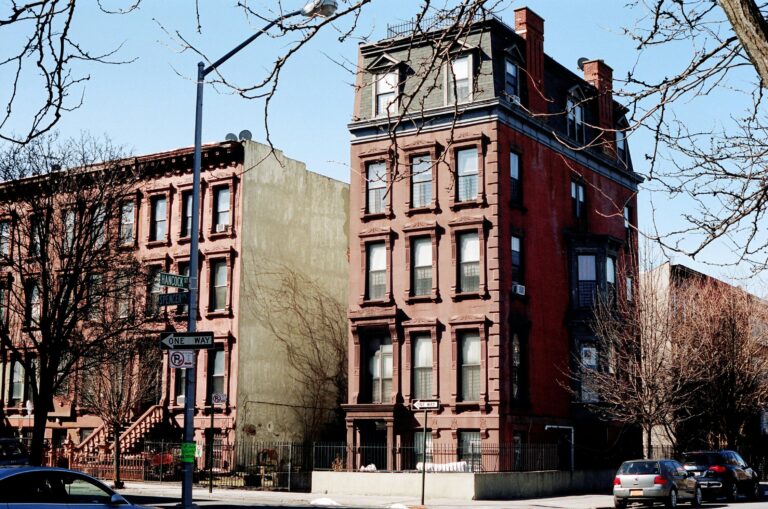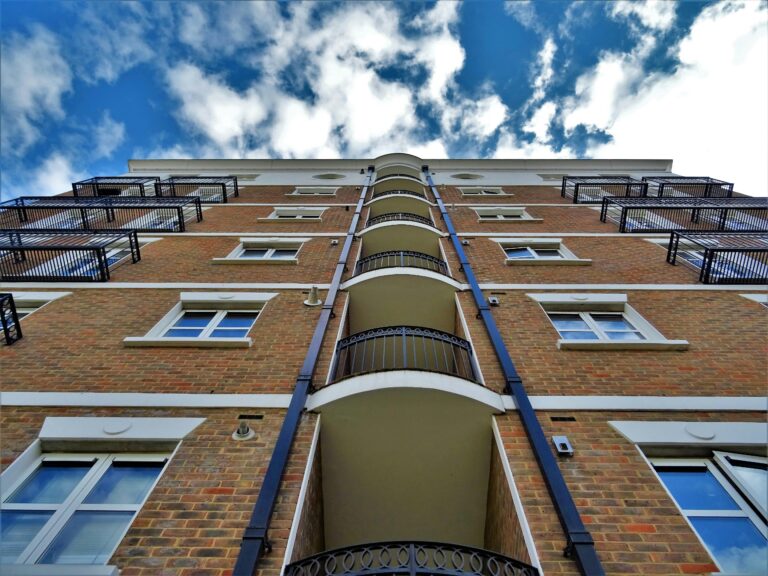Access to high-speed internet is necessary for participating in today’s digital economy. Yet millions of residents in multi-dwelling units nationwide lack reliable connectivity, which hinders their ability to work, learn, and access essential services. Many states are taking innovative steps to address this challenge, implementing targeted funding initiatives to bring affordable broadband to low-income communities.
States Leading the Way in MDU Connectivity
Across the U.S., several states have launched innovative programs to close the digital divide for MDU residents. Leveraging funding from programs such as the Broadband Equity, Access, and Deployment (BEAD) Program non-deployment funds, the Treasury’s Capital Projects Fund (CPF), and the Digital Equity Act, these initiatives pave the way for equitable access to high-speed internet, ensuring that more households can stay connected to vital resources.
| Connecticut | Investing $40.8 million in broadband infrastructure, funded by the Treasury’s Capital Projects Fund, prioritizing low-income and multi-family housing. This initiative aims to bridge connectivity gaps and provide residents with access to essential online services. |
| Hawaii | Investing $8 million from the Treasury’s Capital Projects Fund in its Public Housing Authority’s Connections Program to provide high-speed, affordable internet service to public housing residents, ensuring they are not left behind in the digital age. (Source) |
| Ohio | Investing $20 million in Capital Project Funds to support internet service providers offering free Wi-Fi in public locations and low-cost services to multi-dwelling units. |
| Maryland | The Connect Maryland: FY24 Home Stretch for Public Housing Grant Program offers funding between $500,000 and $9 million to support broadband infrastructure in public housing communities. This initiative prioritizes low- and moderate-income households by providing reliable, high-speed internet access. |
| New Jersey | Has allocated $20 million from BEAD non-deployment funds to provide broadband grants for public housing. The program focuses on improving internal wiring and offering affordable broadband services in multi-dwelling housing. |
| New York | Allocated $100 million to its Affordable Housing Connectivity Program, funded through the Treasury’s Capital Projects Fund. The initiative focuses on funding broadband infrastructure within low-income housing buildings. This demonstrates the state’s commitment to ensuring that all residents have access to the digital tools they need to succeed. |
States Developing MDU Connectivity ProgramsDigital Equity
Some states are in the early stages of developing programs to address broadband access for MDUs, exploring strategies to meet the needs of their residents and ensure widespread connectivity.
Texas has committed $1.5 billion to the Broadband Infrastructure Fund, marking the state’s largest investment in broadband expansion. The fund will help bridge the digital divide for 7 million unconnected residents. A future MDU grant program is under consideration based on stakeholder input.
The MDU Community Connect Grant Program
The MDU Community Connect Grant Program offers a proven solution for states looking to prioritize MDU connectivity effectively. This resource provides a best-practice model that helps state broadband offices leverage various funding sources to implement free Wi-Fi networks in low-income apartment buildings.

The MDU Community Connect Program is designed to be fully customizable, allowing states to adapt the program to their specific needs and funding sources. With a streamlined approach, it simplifies the complexities of broadband deployment, ensuring that residents gain fast, reliable internet access without unnecessary delays. States implementing this program can accelerate progress toward digital equity goals, helping bridge the gap for the most vulnerable populations.
Take Action to Close the Digital Divide
By leveraging solutions like the MDU Community Connect Program, states can maximize the impact of their funding, streamline implementation, and ensure that all residents—regardless of income or housing type—can access affordable, high-speed internet.
Contact us to learn how we can help your state close the digital divide with an MDU Community Connect Program.




